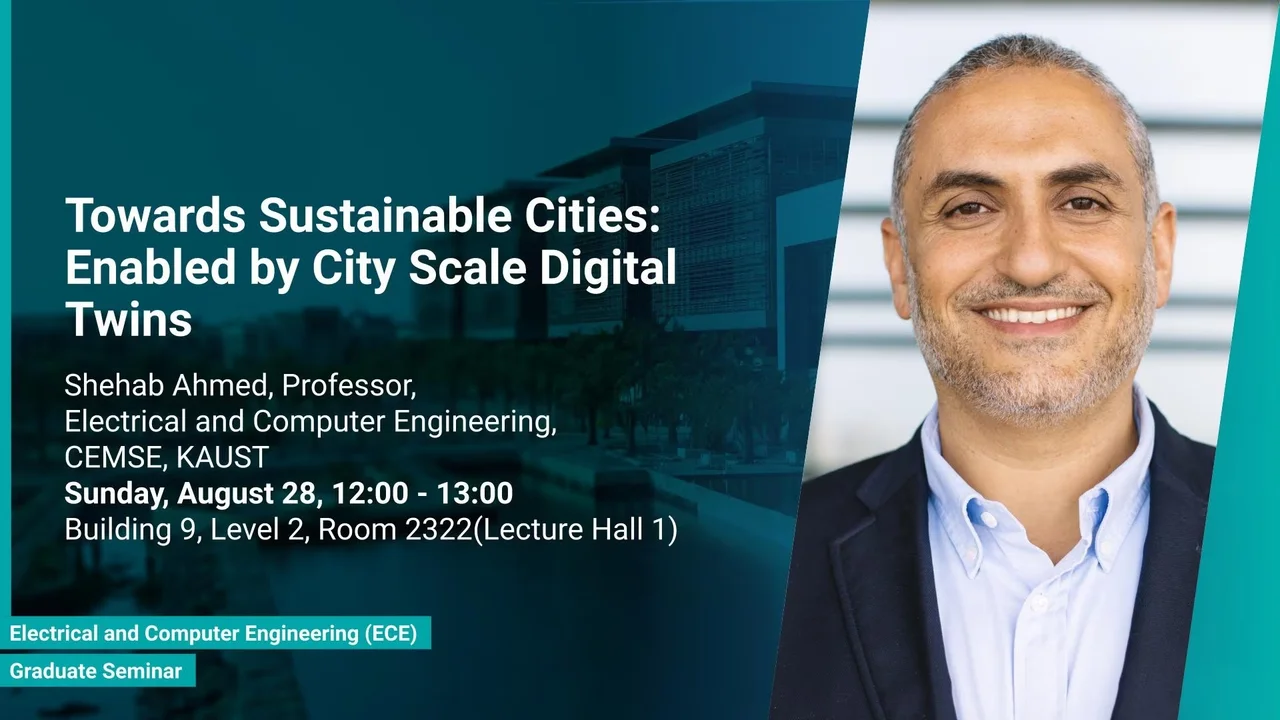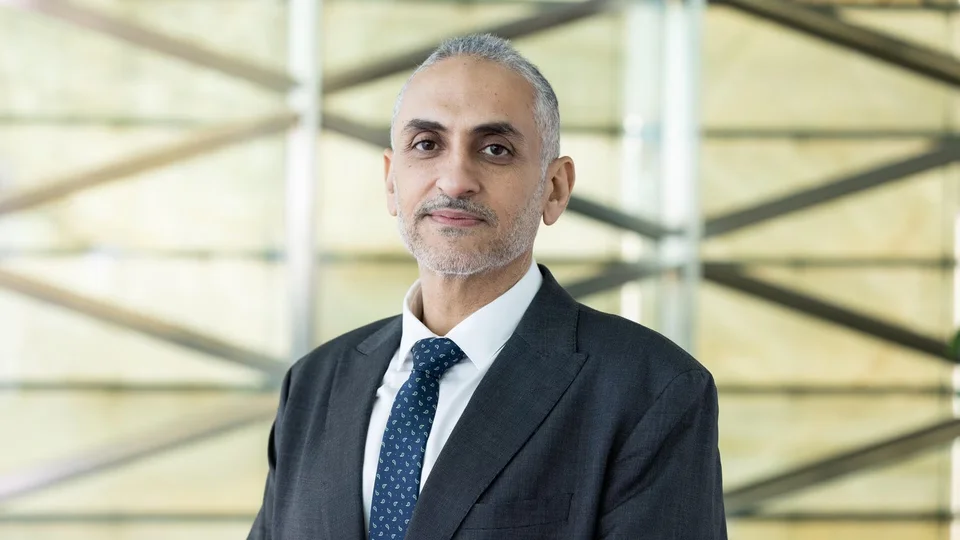
Towards Sustainable Cities: Enabled by City Scale Digital Twins
The remainder of the talk will focus on an ongoing effort to assess a city’s ecological impact through city scale digital twins.
Overview
Abstract
After a quick overview of the ECE Graduate Seminar logistics, I will share a quick introduction of our group’s activities. The remainder of the talk will focus on an ongoing effort to assess a city’s ecological impact through city scale digital twins. The term ‘digital twins’ in the context of cities may mean different things to different stakeholders. Thus, we will start by discussing the novelty of our approach empowered by a flexible population model/state machine. We will be using KAUST as an example and will demonstrate how data collected from around the city is used to tune our simulation model. This effort was initially triggered by our interest to visually demonstrate our work on energy systems, but we aim to evolve this into a tool for sustainable city planning, assessment, and operations.
Brief Biography
Shehab Ahmed received his BSc degree from Alexandria University in 1999; his MSc and Phd degrees from Texas A&M University in 2000 and 2007 respectively. He was a Senior Engineer at Schlumberger Technology Corporation, TX from 2001 to 2007. In the Fall of 2007, he joined Texas A&M University at Qatar as an Assistant Professor and progressed to Full professor rank in 2018. In the Fall of 2018, he joined KAUST, where he is currently Professor and Chair of the ECE program. He holds a secondary affiliation as Professor in ERPE and is a member of the Ali Al-Naimi Petroleum Engineering Research Center (ANPERC). His research interests are in energy systems, subsurface mechatronics, power electronics and electromechanical energy conversion.
